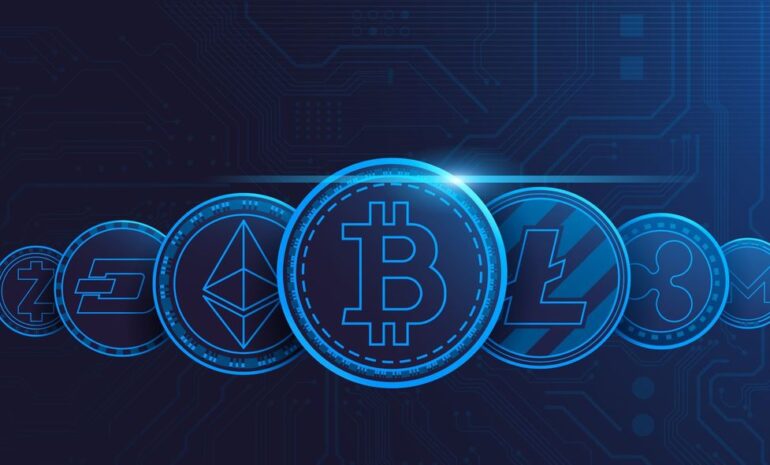The lack of identity verification on platforms like Marketplace and Mercado Libre facilitates digital fraud. Implementing identity validation is key to protecting buyers and sellers in the secondhand market.
Trust is that intangible value that was once enough with a handshake in a face-to-face conversation, but today it's played out in clicks. Our context is one of an increasingly accelerated economy, driven by immediacy. In this global village—where people, companies, and institutions interact in real time across borders—digital trust becomes essential. The instant connectivity described by Marshall McLuhan not only transformed the way we communicate, but also brought new challenges: how can we know for sure who is on the other side of the screen?
Digital trust is the new security filter: without identity validation, marketplace platforms become fertile ground for fraud.
On platforms like Facebook Marketplace, Mercado Libre, and Segunda Mano, person-to-person product exchange represents a profitable and flexible option for both bargain-hunting buyers and informal sellers monetizing forgotten items. But this same dynamic, without robust identity validation mechanisms, has opened a dangerous rift.
According to the Mexican Online Sales Association (AMVO), at least during 2024 1 in 3 buyers on second-hand platforms reported having been a victim or having identified an attempted fraud.Facebook Marketplace alone, which lacks a validated identity system, has been repeatedly flagged as a red zone: fake ads, cloned profiles, nonexistent products, and modus operandi as old as they are effective—such as the seller who demands an advance to "secure the product" and then disappears.
The identity gap: the real Achilles heel
Why do we continue to rely on stars or reviews that could be fake or manipulated? Why hasn't a system that handles millions of transactions each month evolved toward a more secure model, like the one already used by some financial institutions?
Imagine this: a validated profile, with badges confirming that the seller or buyer actually exists, that the INE (National Institute of Statistics) and proof of address used to register are authentic and not linked to previous complaints. As already implemented in the processes of digital onboarding banking or in transport platforms like Uber, it's time for marketplaces and even companies to payment gateway adopt tools of identity verification oh really.
With additions like the ones offered by Tu Identidad, it's possible to integrate validations of official documents (INE, passport, CURP) or proof of address. All through APIs that are easy to integrate into your platform, which don't affect the user experience but do drastically increase the security of the ecosystem.


